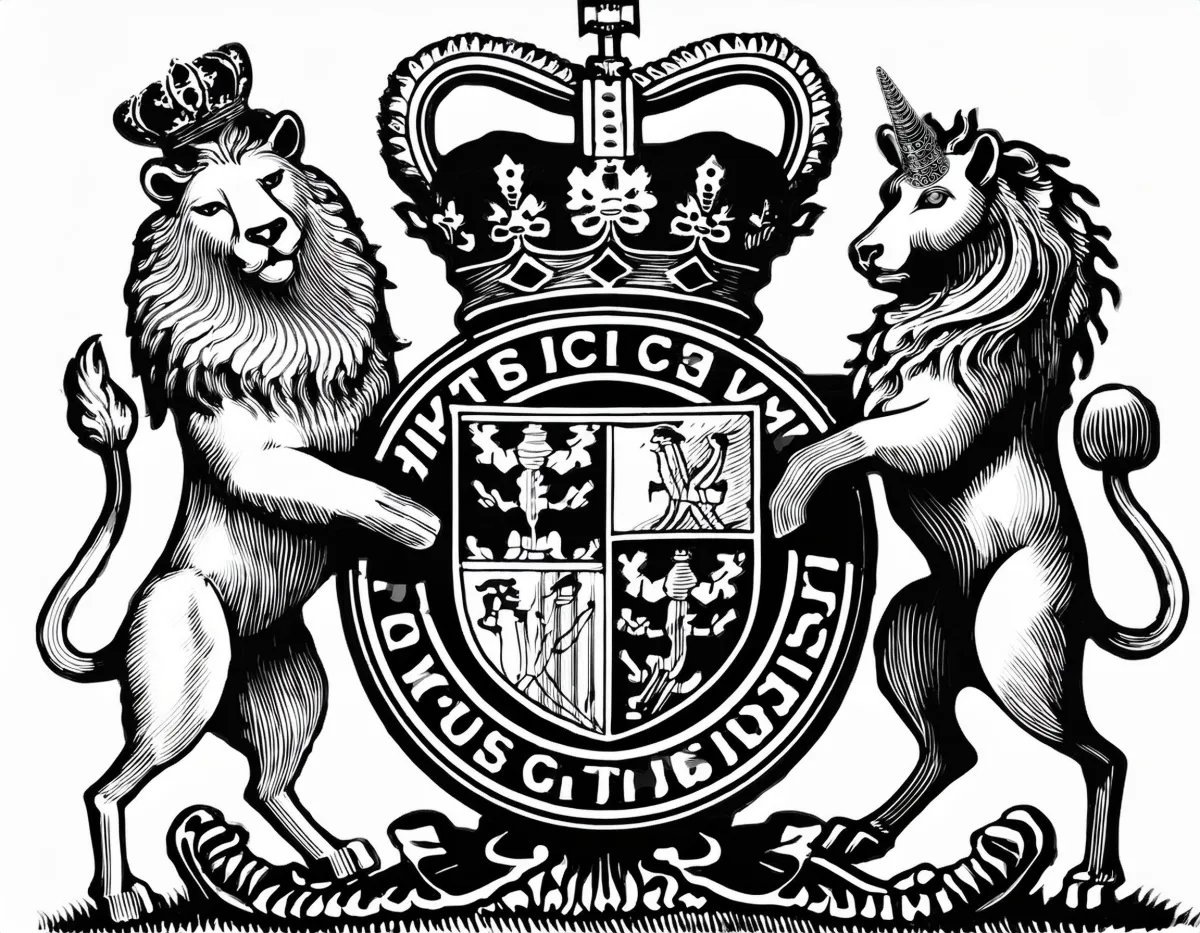
The Occult Origins of Cestui Que Vie Trusts
Unravel the Mysteries: The Occult Origins of Cestui Que Vie Trusts

Introduction
Delve into the shadowy realm where ancient occult practices intertwine with modern financial systems. The Cestui Que Vie Trusts, shrouded in mystery and controversy, trace their roots back centuries to a time when wealth, control, and esoteric beliefs converged. Brace yourself for a captivating exploration of the dark origins that continue to shape our legal and financial landscape.
The Occult Foundations: Popes, Goddesses, and Wealth Accumulation
The roots of the Cestui Que Vie Trusts can be traced back to the 14th century, when Pope Boniface VII, inspired by the wealth-accumulating strategies of the Knights Templar, recognized the power of trusts to claim ownership over land and people. His ties to the occult worship of Cybele, the Phrygian goddess of fertility and nature, influenced the establishment of several key trusts that would reverberate through the ages.
The Unum Sanctum Trust, established in 1455, aimed to control Earth's properties, while the Regis Crown Trust, founded in 1481, sought to claim ownership over individuals at birth through birth certificates. The Convocation Trust, created in 1531, further solidified this control by ensnaring lost souls under admiralty law, extending its reach into the metaphysical realm.
The Insidious Agenda: Control, Ownership, and Ensnaring Souls
Behind the veil of these ancient trusts lies a disturbing agenda: to assert control over Earth's resources, claim ownership over individuals from the moment of their birth, and ensnare lost souls under the guise of admiralty law. The Unum Sanctum Trust was a brazen attempt to consolidate power over the world's properties, granting its architects the authority to dictate the terms of ownership and exploitation.
Perhaps even more insidious was the Regis Crown Trust, which laid the groundwork for a system that would claim ownership over individuals from the moment they entered the world. Birth certificates became the instruments through which newborns were transformed into legal entities, their identities reduced to mere assets and collateral for a vast financial system.
As if these measures were not enough, the Convocation Trust added another layer of control, asserting dominion over lost souls through admiralty law principles. By invoking maritime principles, the architects sought to extend their reach beyond the physical realm, ensnaring even those who had departed from this world.
Birth Certificates: Bonds of Financial Bondage?
The concept of birth certificates acting as bonds linked to the Federal Reserve is a chilling notion that strikes at the core of our perceived autonomy. According to this theory, individuals are treated not as sovereign beings, but rather as assets and collateral for the United States' debt.
Upon birth, our names are inscribed in capital letters on birth certificates, signifying our status as legal entities or fictions. These documents are then purportedly used as financial instruments, with our very existence being leveraged as collateral for a vast financial system that views us not as free individuals, but as commodities to be exploited for financial gain.
The Legal Fiction: Ecclesiastical Roots and the Denial of Souls
In the realm of the legal system, a profound shift occurs in how individuals are perceived. No longer are they viewed as sovereign beings with inherent rights and souls, but rather as mere legal fictions or entities. This radical departure finds its origins in the ecclesiastical laws that govern the courts and the ancient trusts established by the Vatican.
The legal system has adopted a framework where individuals are stripped of their spiritual essence and reduced to mere constructs of the law, a concept rooted in the idea of "legal personality." This transformation severs the connection between the physical and metaphysical realms, allowing for a purely materialistic interpretation of the law where the spiritual aspects of human existence are rendered irrelevant.
The very foundation upon which the legal system rests is built upon the ancient trusts established by the Vatican, which sought to exert control over both physical and metaphysical domains. This ecclesiastical influence permeates every aspect of the legal process, from the language and terminology employed to the underlying assumptions that govern the interpretation of laws and the rendering of judgments
Navigating the System: Strategies for Reclaiming Rights and Autonomy
Armed with the knowledge of the Cestui Que Vie Trusts, individuals can gain a significant advantage in navigating the legal system and reclaiming their financial autonomy. One key strategy involves challenging the court's jurisdiction and the legal standing of proceedings by asserting one's status as a living being with inherent rights, rather than a mere legal fiction or entity.
Furthermore, grasping the intricacies of these trusts can provide insights into reclaiming financial autonomy. By recognizing the mechanisms through which individuals are treated as assets and collateral for national debt, it becomes possible to explore legal avenues for severing these financial ties and asserting sovereignty over one's personal and financial affairs.
Conclusion:
The Cestui Que Vie Trusts, with their occult origins and far-reaching implications, offer a glimpse into the shadowy realms where ancient beliefs and modern financial systems intersect. By unraveling the mysteries of these trusts, we can gain a deeper understanding of the forces that shape our legal and financial landscape, and perhaps even reclaim a measure of sovereignty over our lives and destinies.
